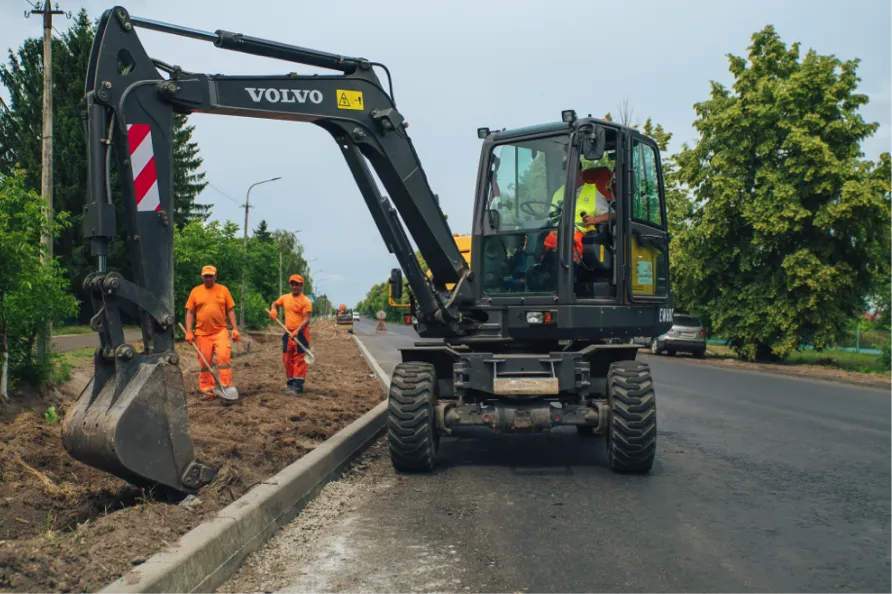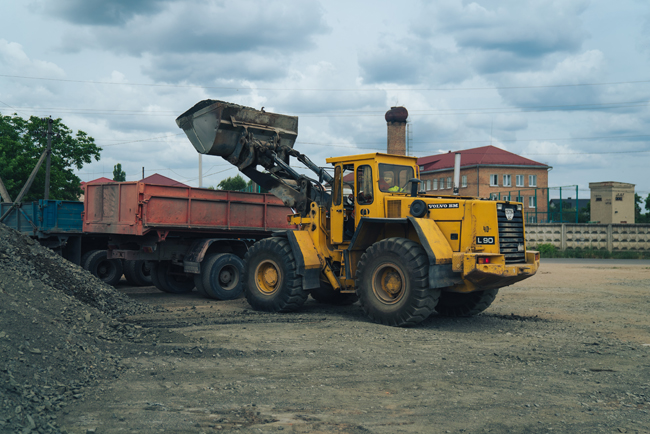
The Volyn region of Ukraine is home to 578 explored mineral deposits and the Lokachynsk gas deposit which supplies more than 7 billion cubic meters of gas annually. With such a large number of resource reserves in the region it is necessary to have infrastructure capable of supporting the movement of these resources and the machinery required to extract them.
The Lutskavtodor Group incorporates road construction contractors, granite quarries and concrete plants. The firm’s focus is on building and maintaining roads in the Volyn Region of Ukraine. The company is currently working to improve over 40 roads and highways.
The firm’s first Volvo CE purchase was of a Volvo L90 wheeled loader. Delivered in 1992, the machine is still running reliably after 27 years in use, having clocked 27,500 operating hours.

Lutskavtodor Group purchases its machines from Ukranian Volvo CE dealership ETC and has done since its formation. Regular maintenance of the fleet helps prevent unplanned stops and keep to tight schedules imposed by the short five-month season in which road improvements can be carried out in the Volyn region.
The company’s most recent acquisition is the Volvo CE EW60C wheeled excavator. Used mainly in urban environments, its wide range of working tools allow for quick refinement of roadside areas. The operations can be carried out without damage to trees and plants along the roadside and without causing inconvenience to pedestrians. Lutskavtodor Group’s fleet also includes a Volvo CE G960 grader and an EW145B excavator.
The reliability, ease of use and innovation provided by Volvo CE machines are helping Lutskavtodor Group improve the infrastructure of the Volyn region of Ukraine. Improving highways allows for the growth of other industries in the region, allowing for economic development.








